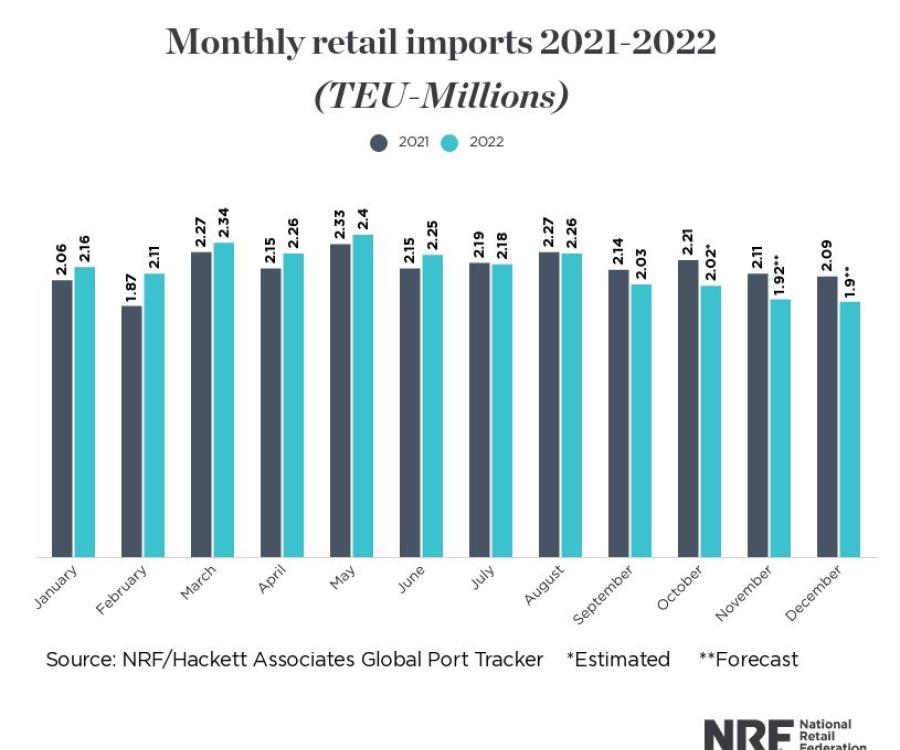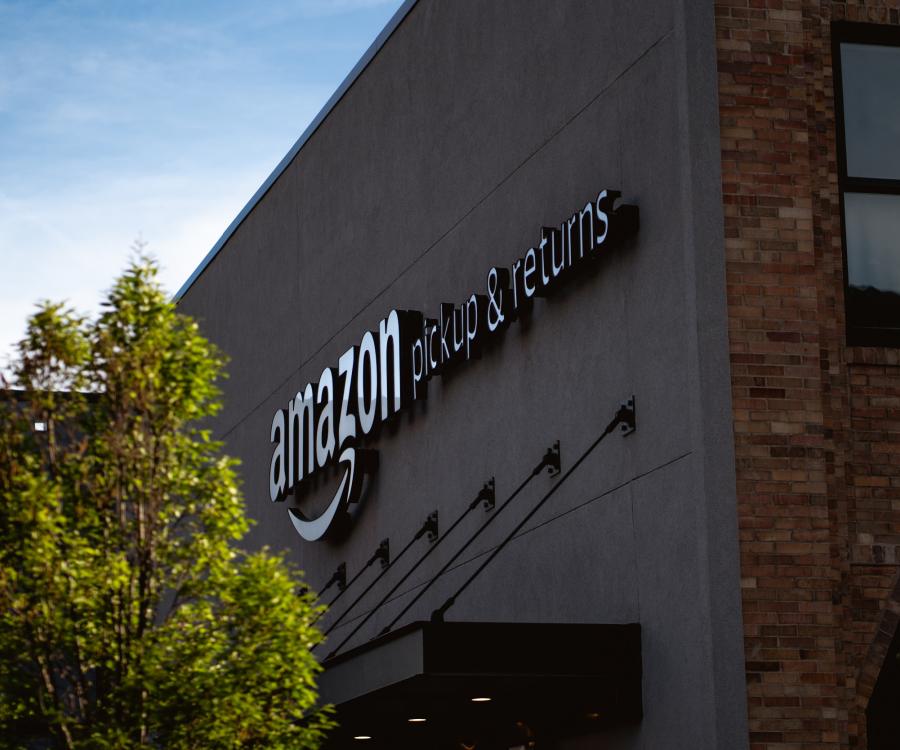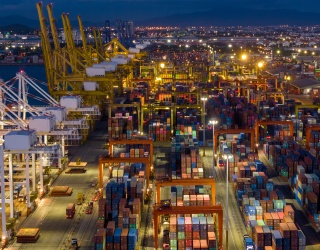
In response to COVID-19, at least 27 states have closed their State Driver Licensing Agencies (SDLAs – e.g. DMVs), while the remaining 23 states operate on a limited basis. With the trucking industry accountable for moving 71 percent of all freight across the country, the supply chain relies upon new commercial drivers.
According to Don Lefeve, president of the Commercial Vehicle Training Association (CVTA) – the nation's largest association of commercial truck driving schools – the closure of these agencies leaves many future drivers unable to obtain commercial learner's permits (CLPs) and commercial driver's licenses (CDLs). Abruptly halting the process of getting 25,000-40,000 new truck drivers trained, licensed, and on the road impacts a number of significant industries and the nation's supply chain.
In efforts to raise legislative awareness, CVTA led a coalition of Fortune 500 corporations, major associations and commercial driving schools in sending letters to state governors and congressional leaders highlighting the growing problem of SDLA closures and the impact this has on the supply chain as a whole.
"Commercial driver training schools are working together with participants across the supply chain to facilitate Americans' access to needed goods and services, including food and critical supplies (like prescription medications) during this pandemic," Lefeve says. "To avoid truck driver shortages, which are critical to our nation's response and recovery, it is imperative that state and federal governments work together so CDL schools and SDLAs can remain open to train, test and license new commercial drivers."
The coalition is proposing that governors need to enact executive orders to recognize CDL training schools and SDLAs as "essential services" while also granting the Secretary of Transportation temporary authority to also administer CLP or CDL testing due to SDLA closure. Timely action on these two requests will help avoid an even larger shortage of critically needed commercial truck drivers during the COVID-19 pandemic.






